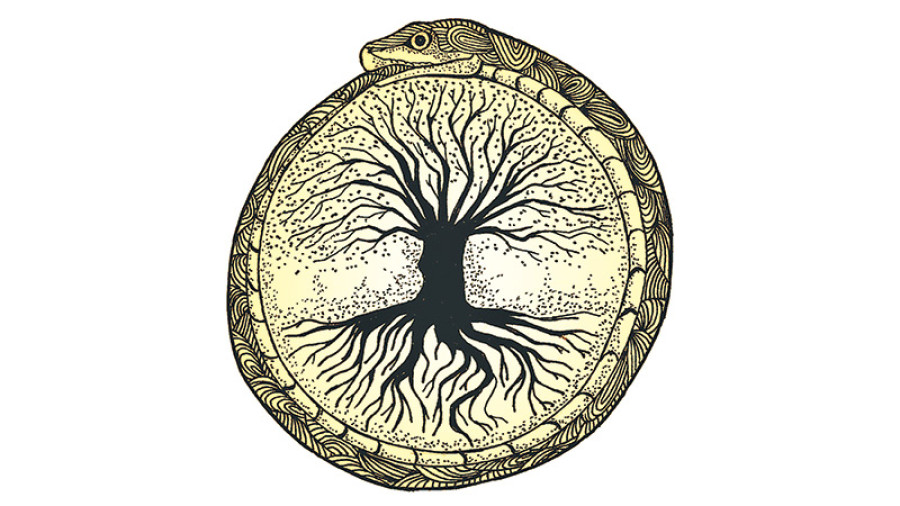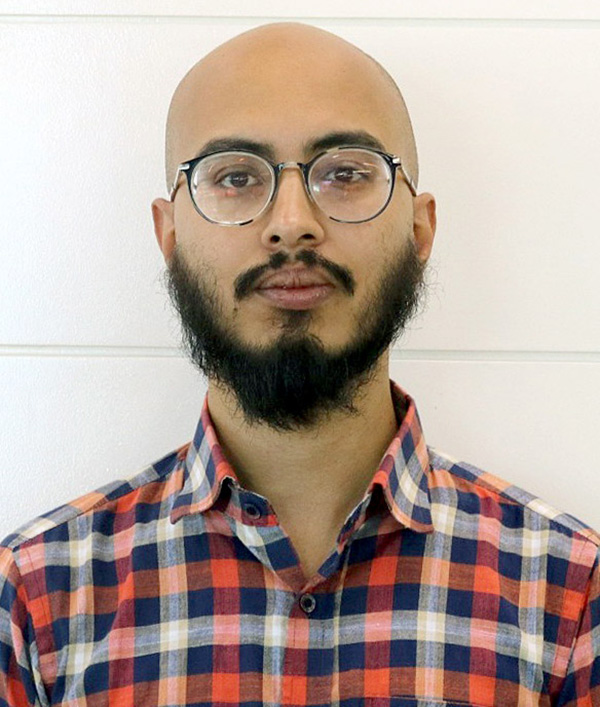Miscellaneous
New skin for the new year
There is perhaps no other activity that is as decidedly human as the obsession over the passage of time, pigeon-holed into days and months and years. No animal marks time so stringently as the human, to paraphrase Mitch Albom.
Pranaya SJB Rana
There is perhaps no other activity that is as decidedly human as the obsession over the passage of time, pigeon-holed into days and months and years. No animal marks time so stringently as the human, to paraphrase Mitch Albom. The tyranny of the clock is that we are always oppressed by a singular fear—that there is never enough time. So, ever year, as the countdown begins, drinks are drunk, kisses exchanged, fireworks put off and boisterous raucous laughter permeates the night air. All this, in relief of the fact that we have made it three hundred and sixty-five days without perishing. Or, as a nervous attempt to ward off the creeping feeling that whatever little time we have been allocated on this earth is running out, one year at a time.
I am of the latter, uncomfortable around temporal milestones. Birthdays, anniversaries, new years, they all fill me with dread. Perhaps it says a lot about me that I am unable to look death in the face and say, not today. After all, isn’t that what every time-stamped celebration is about? I don’t have that kind of courage. I’d rather hide out in the relative safety of my own cocoon, dreading the fireworks like dogs do.
And so, this new year, when the calendar turned, I listened to the echoing explosions of the countless fireworks that lit up the dark Copenhagen sky like a matinee from the womb of my room. Brilliant flashes of light accompanied by deafening booms, punctuated by staccato bursts like gunfire. Inside, I watched the walls of my room pulse multicolours. And though I did not celebrate, I indulged then, as I do now, in that other hallowed New Year tradition—self-reflection.
My past year has been one of constant movement, from Brussels to Vienna to Copenhagen. In a month’s time, I will once again be moving to Madrid. Even as someone who stifles under the rigid discipline of routine, this regular relocation has been existentially jarring. Every few months, there is a period of acclimatisation, of having to figure out the rhythms of a new city. I have had to renegotiate my relationship with space with every instance. Who I was in Kathmandu is not the same person I was in Brussels. Vienna shaped me differently, as has Copenhagen. Now, onto a temperate city, a Mediterranean capital that will once again work on my being as if it were a lump of coal, soft and pliable.
This constant sculpting takes a toll. There is a feeling of perpetually being off-kilter, off-balance. As if the world isn’t aligned right, as if you were always standing at an angle. My past year has really been about coming to terms with being radically different every few months. Identity is shaped by spatiality and the hum of each new city reverberates within the being to give rise to new rhythms. There is a primordial flow to every space, especially one populated by millions of people. Every person walking the city follows a path visible only to them. And yet, there is an invisible river of agency that everyone seemingly taps into. You only have to watch people walk, how they seem to step in the same places, follow the same lanes. Every pavement is weathered along a certain line. Observe a city square after fresh snow has fallen and watch how a line of best fit emerges from the warmth of feet carving out a similar path. We all step in each other’s footsteps.
Some days ago, in the foothills of the French Alps, by Lake Annecy, I looked out at the hills covered in snow and thought of how each place reminds you of another place. For a Nepali, one who has been often to Pokhara and its Lakeside, what else could a placid lake surrounded by hills with snow-capped mountains off in the distance remind them of? There is a line that stretches back to your earliest memories, as every space, every person, is shaped by what came before it. In this instance, Borges’ Pierre Menard is the better writer. Everything recalls something else. Every step is one already taken.
And thus, the lesson of this past year is the lesson of the year before it. Everything repeats, in one form or the other. The eternal return is that cyclicality of time, ouroboros the infinite devouring itself. Something returns in each new space, albeit in a different form. As I move from European city to European city, the late realisation is that repetition and difference is an endless process. We are only able to mark the passage of time because things are different. People age, plants grow, fruits rot, flowers wilt, seasons change. Paradoxically, we are also able to mark time because things repeat. The sun always comes up to mark the beginning of the day, the earth always circles the sun to mark the beginning of the year, seasons recur, earthquakes cycle, cosmic comets reappear.
Next month, I will wake in the throes of a new city, one buffeted by the winds of the Mediterranean. There, in the company of Goya, that most sublime artist of futility, I will watch as something different emerges within me. The same process that I first underwent long ago when I moved, for the first time in my life, from Kathmandu to Bronxville, outside the city of New York. Then, again, when I returned to Kathmandu a changed man, then again in Brussels, Vienna, Copenhagen. This sometimes-painful remoulding to fit the confines of a city that is always more than you can ever know.
One year has ended and another has begun. Those of us alive have thumbed our nose at death, growing to live yet another day. And yet, the anxiety of having to one day become something else is always palpable, like an itch in the back of your throat that your tongue can’t quite reach. The sooner we reconcile ourselves to the one immutable law of the universe, the better we will be for it. It is a mantra everyone knows so intimately that it is a cliché. And yet, since everyone still forgets, it always bears repeating. Change is the only constant.




 9.7°C Kathmandu
9.7°C Kathmandu










